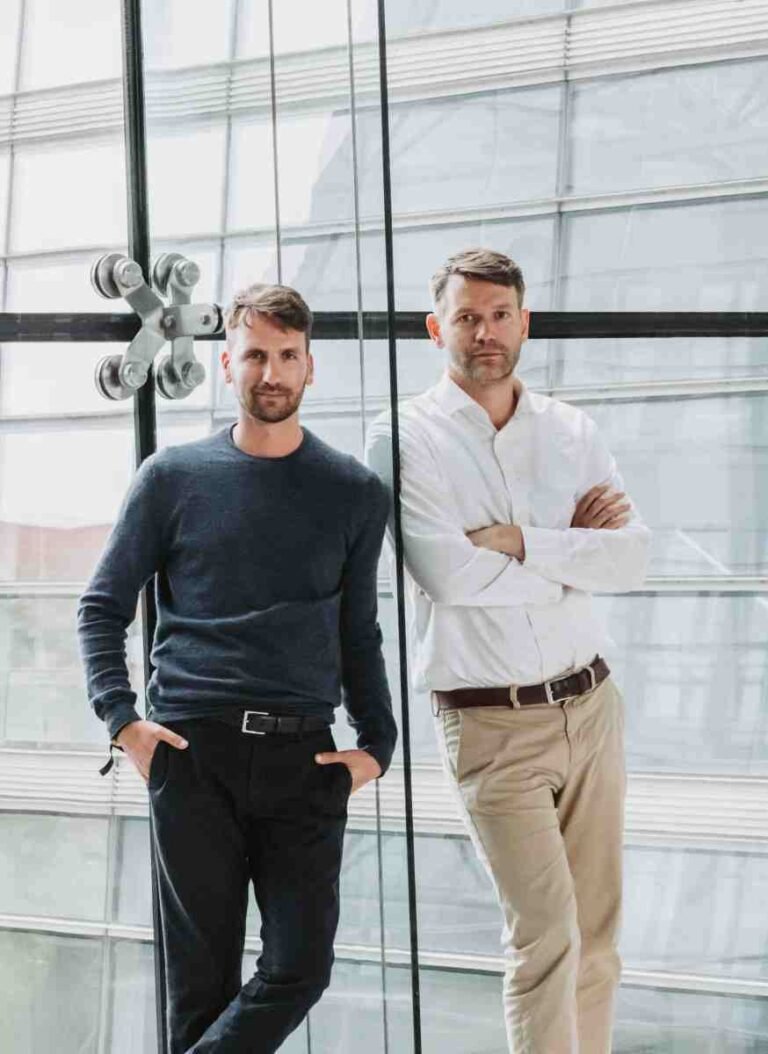
360 One WAM, India’s largest wealth manager focused on ultra-high-net-worth individuals, has agreed to acquire popular Indian mutual fund investment app ET Money for about $44 million.
360 One disclosed (PDF) the deal in a stock exchange filing Wednesday evening.
ET Money boasts over 900,000 transacting clients and tracks assets under management of approximately $8.3 billion.
The platform has been a popular choice for retail investors, with monthly mutual fund net flows of around $89.9 million.
ET Money is the second startup from local media powerhouse Times Internet’s portfolio to be sold in recent weeks.

Despite having 47 IPOs, 28 M&As and 58 FDA-approved drugs under its belt, the 13-year-old multi-stage healthcare and life sciences firm took two years to raise its sixth fund.
On Wednesday, Foresite announced that it closed its sixth fund with $900 million.
Last summer, Foresite co-led a $115 million Series F into CG Oncology, a drug discovery company that had a successful IPO listing in January.
Foresite intends to back about 20 companies from its sixth fund, writing checks from a couple of million up to $75 million.
“Over a decade ago, we named the firm Foresite because we thought we had an idea of where healthcare was headed,” Tananbaum said.

The financial reporting and auditing process is not often on the list of sexy topics that technology startups want to go after.
After years of performing reporting and auditing work for companies like Miro, Autodesk, Dropbox, Flexport and Yelp, Mary Antony and Kelsey Gootnick decided reporting and auditing needed some technology love, too.
So they started San Francisco-based InScope in 2023, leveraging machine learning and large language models to provide financial reporting and auditing processes for mid-market and enterprises.
We make it possible for our customers to have effortless, but accurate and reliable financial statements every time.”InScope’s financial report drafting tool.
So much so that they could be customers, Gootnick said.

That’s according to Jonathan Sanders, CEO and co-founder of fledgling Danish startup Light, which exits stealth Wednesday with $13 million in a seed round of funding led by European VC giant Atomico.
The Copenhagen-based startup is reimagining general ledger software from the ground up, replete with AI to cleanse transactional data, while also enabling finance teams to ask plain-English questions and receive straightforward answers from their data.
Enterprise resource planning (ERP) software is king, packing support for CRM (customer relationship management), HR (human resources), project management, and perhaps the most crucial component of all, the general ledger.
And it’s this element of the ERP that Light is focused on dragging into the modern digital era, where AI increasingly rules the roost.
“Our mission is to be the first automated ledger for global companies,” Sanders told TechCrunch.

Welcome to TechCrunch Fintech!
This week, we’re looking at Rippling’s controversial decision to ban some former employees from selling their stock, Carta’s massive valuation drop, a GenZ-focused fintech raise, and more!
But there is one big exception: It has banned former employees who work for a handful of competitors from selling their stock.
What else we’re writingIn early 2022, the fintech startup Bloom was accepted into Y Combinator as the first-ever startup from Sudan to participate in the famed accelerator.
In an unusual move, Capital One is teaming up with payment giants (and rivals) Stripe and Amsterdam-based Adyen to offer a free product aimed at fraud reduction, the financial services giant told TechCrunch in an exclusive interview.

The folks at Collaborative Fund certainly like a challenge.
Oh, and they decided to raise their sixth flagship fund at a time when limited partners have grown more miserly.
Collaborative recently raised $125 million for its sixth flagship fund, the firm exclusively told TechCrunch, completing the process in just over 90 days.
“This fundraising environment is tougher than any I’ve seen since starting the firm well over a decade ago,” founder and managing partner Craig Shapiro told TechCrunch.
Part of that could be the fact that Collaborative has recently returned capital to its LPs, Shapiro said.

Torpago, a commercial credit card and spend management provider, is no different, but with one caveat — banks are who it builds technology for, particularly community banks.
“We started as a competitor with Brex and Ramp, as well as American Express and Capital One,” Jackson told TechCrunch.
The Torpago Powered By tools and infrastructure enable means that those banks’ to customers don’t have to leave the bank’s brand domain to get sophisticated fintech features.
Banks have all the customers, and they have all the card volume, but “they have the absolute worst credit card tools and technology,” he said.
Since making the shift to banks as customers, that was whittled down to 300 companies while it goes after bank customers.

For them, the difficulty hasn’t been opening local USD accounts; it’s been cost-effectively facilitating payments from international employers and online platforms.
“Using local products meant many remote workers had large chunks of their earnings eaten away with excessive fees.
The USD products couldn’t be local,” said Oudjidane, who is also the founding partner of emerging markets fintech fund Byld Ventures.
“The product would need to move to offering U.S.-based USD accounts,” accounts that, critically, would facilitate ACH payments to enable those freelance payments and came with the security that you get with U.S. banking, such as FDIC assurance.
“Freelancers and remote workers in these markets will undoubtedly be a critical source of foreign income to help rebuild,” Oudjidane said.

Midas, a fintech startup that allows people in Turkey to invest in U.S. and Turkish equities, says it has raised $45 million in a funding round led by Portage Ventures of Canada.
The startup is aimed at Turkey’s retail investor market and claims to have more than 2 million users.
That’s in a country of 80 million,” Egem Eraslan, CEO and founder of Midas, told TechCrunch.
The company has plans to expand beyond Turkey, and aims to target countries in the MENA region.
Globally, Portage invests in transformational financial technology and Midas is poised to lead that initiative in a region of early adopters.”

It’s been more than a minute since Tesla went public, but the EV company was inescapable on TechCrunch this week.
From layoffs to pricing changes and more, it was a week dyed deeply in Tesla colors so we had to chat through the latest.
But that was just one element of what we got into on Equity this week.
We also dug into Mary Ann’s reporting about Ramp’s latest round — and up valuation — that fit neatly next to Rippling’s own impending fundraise.
Equity is back tomorrow with a special interview between Mary Ann and Notable Capital’s Hans Tung, so stay tuned!













